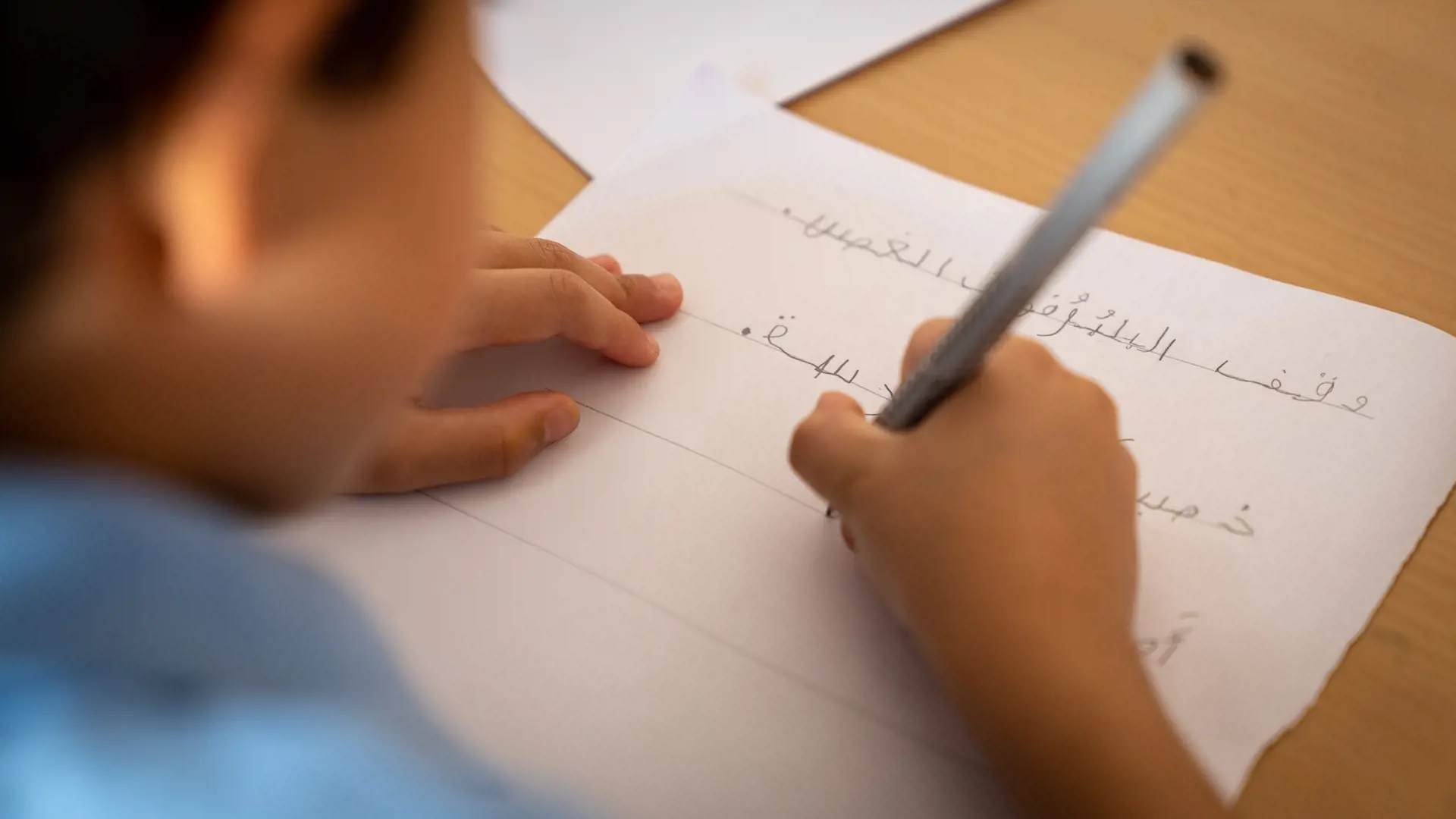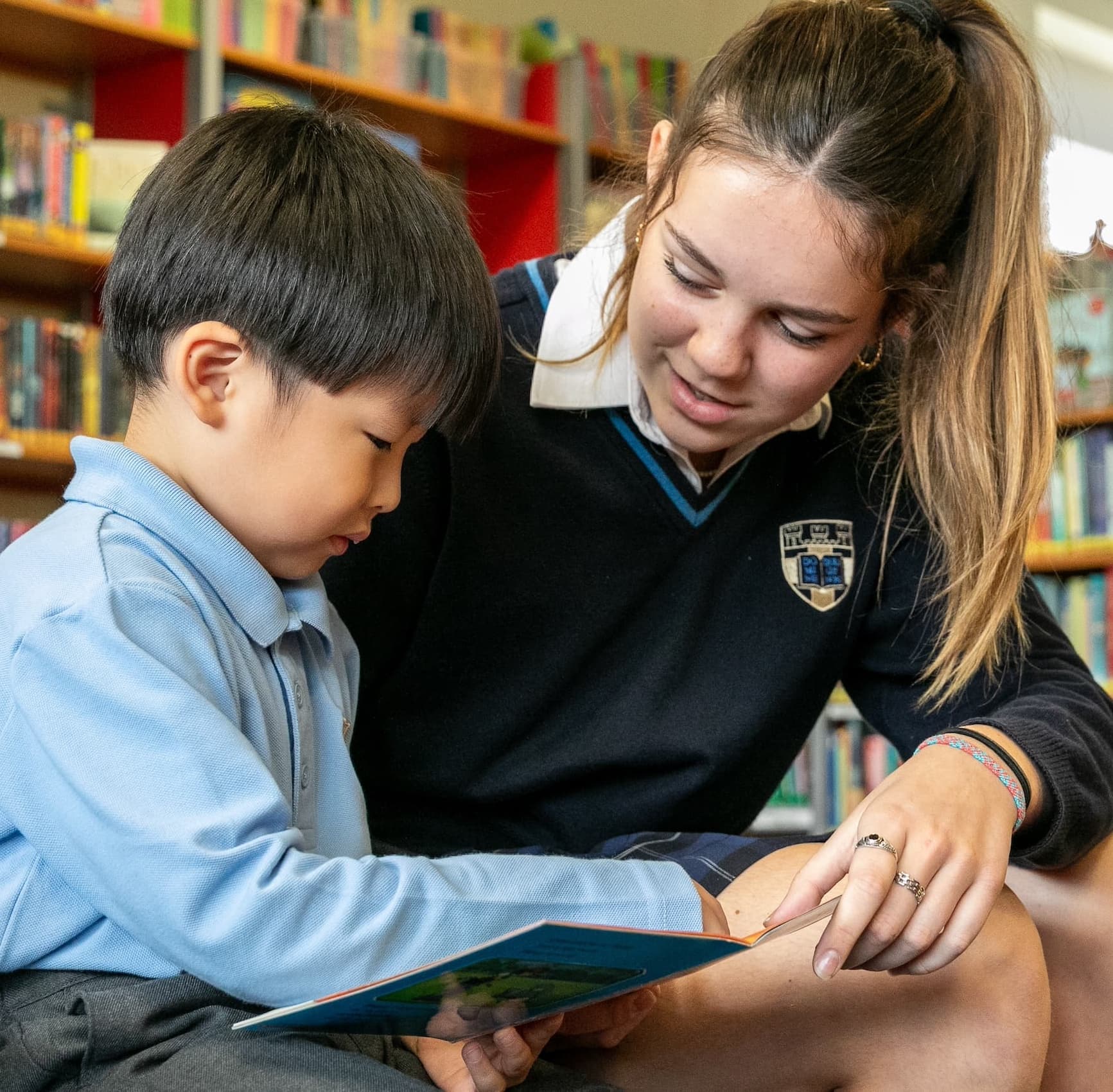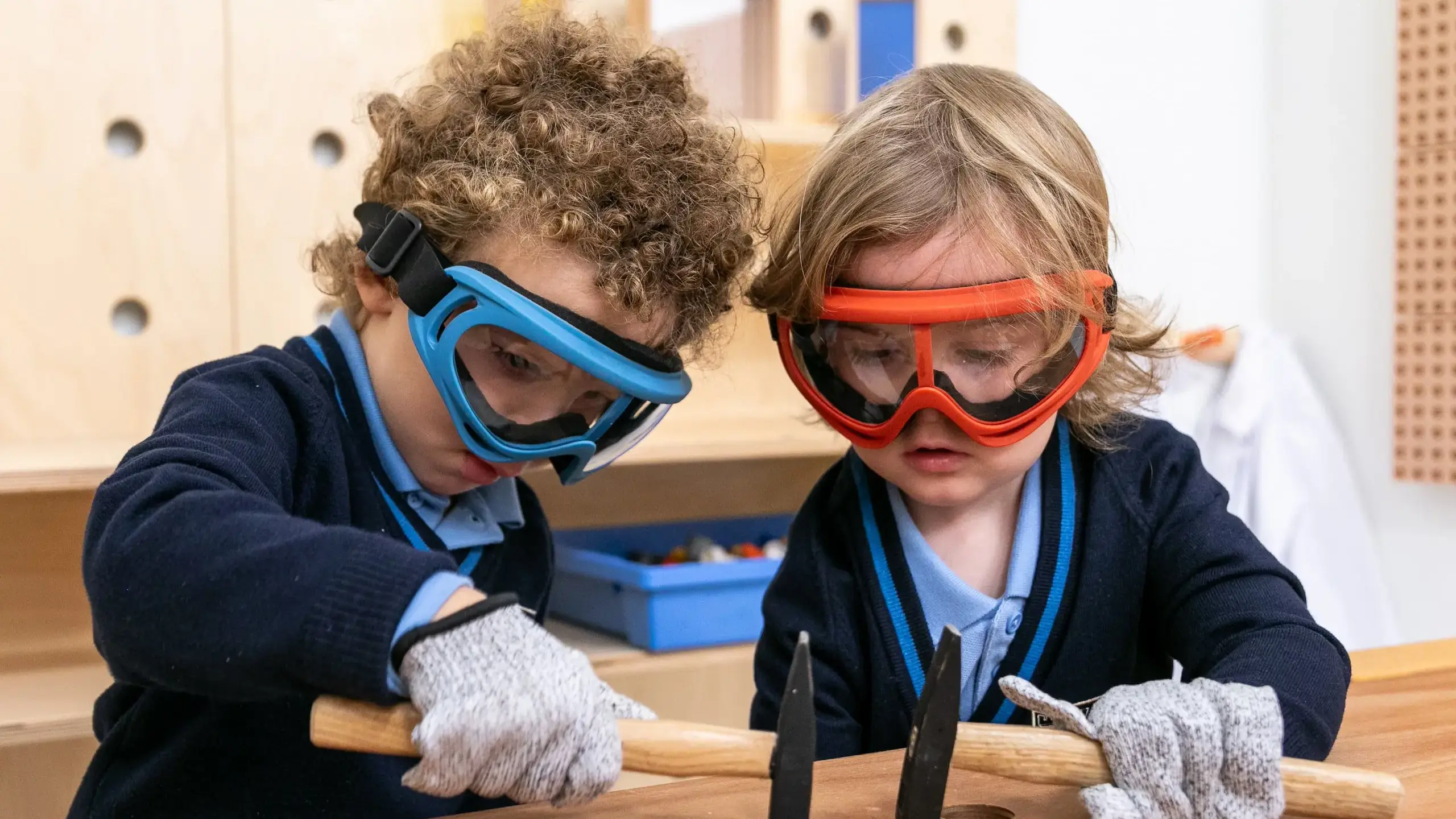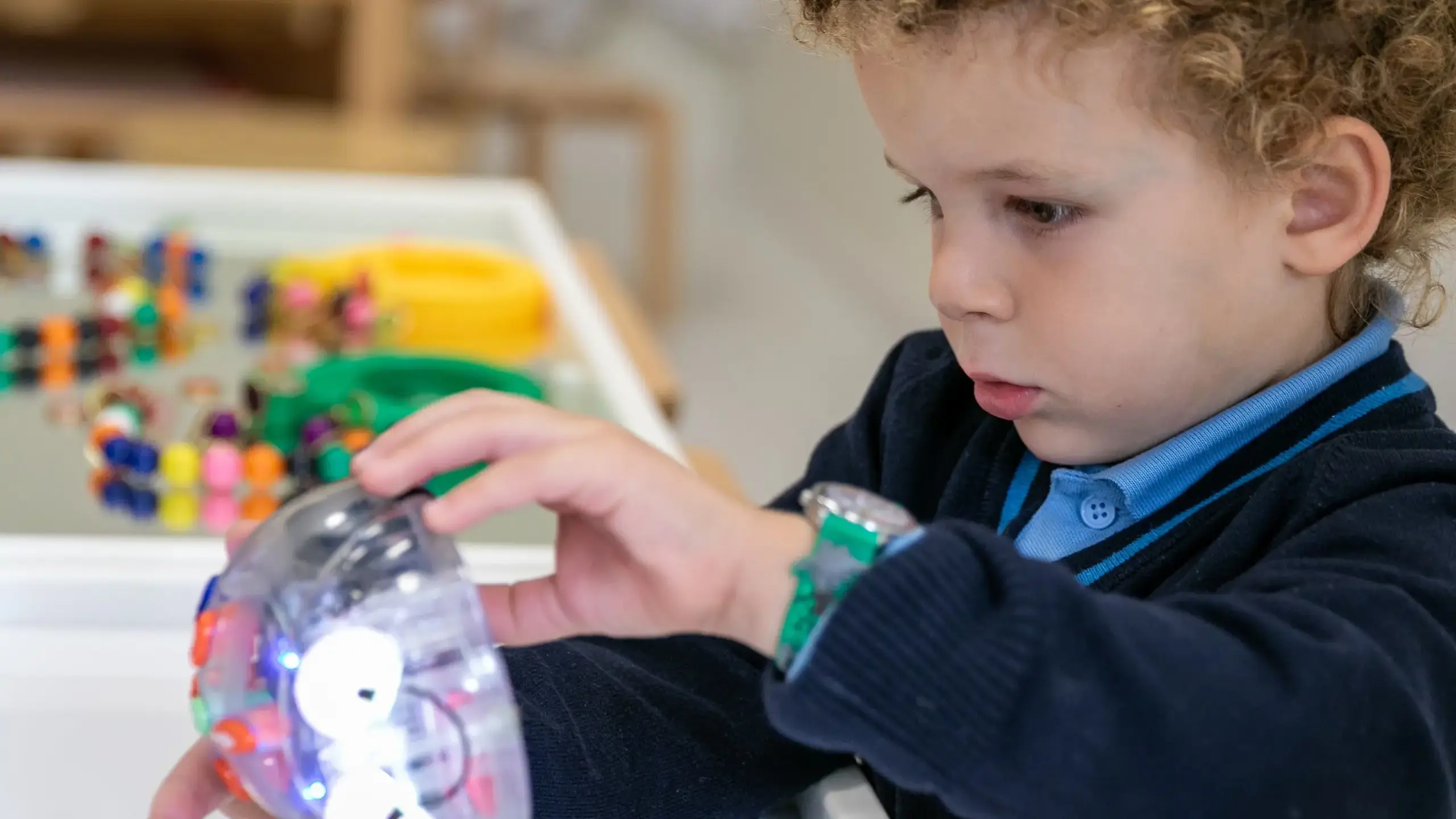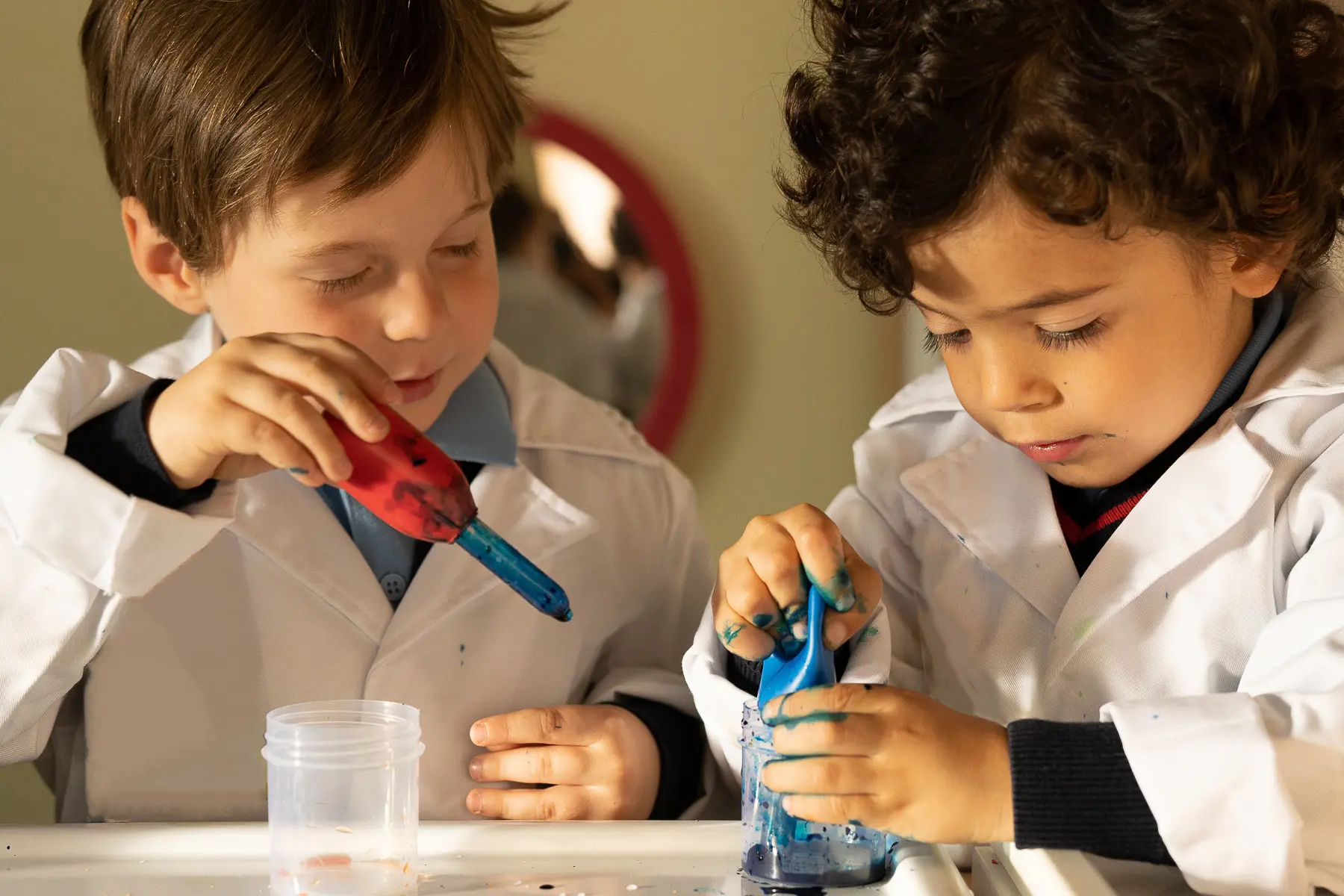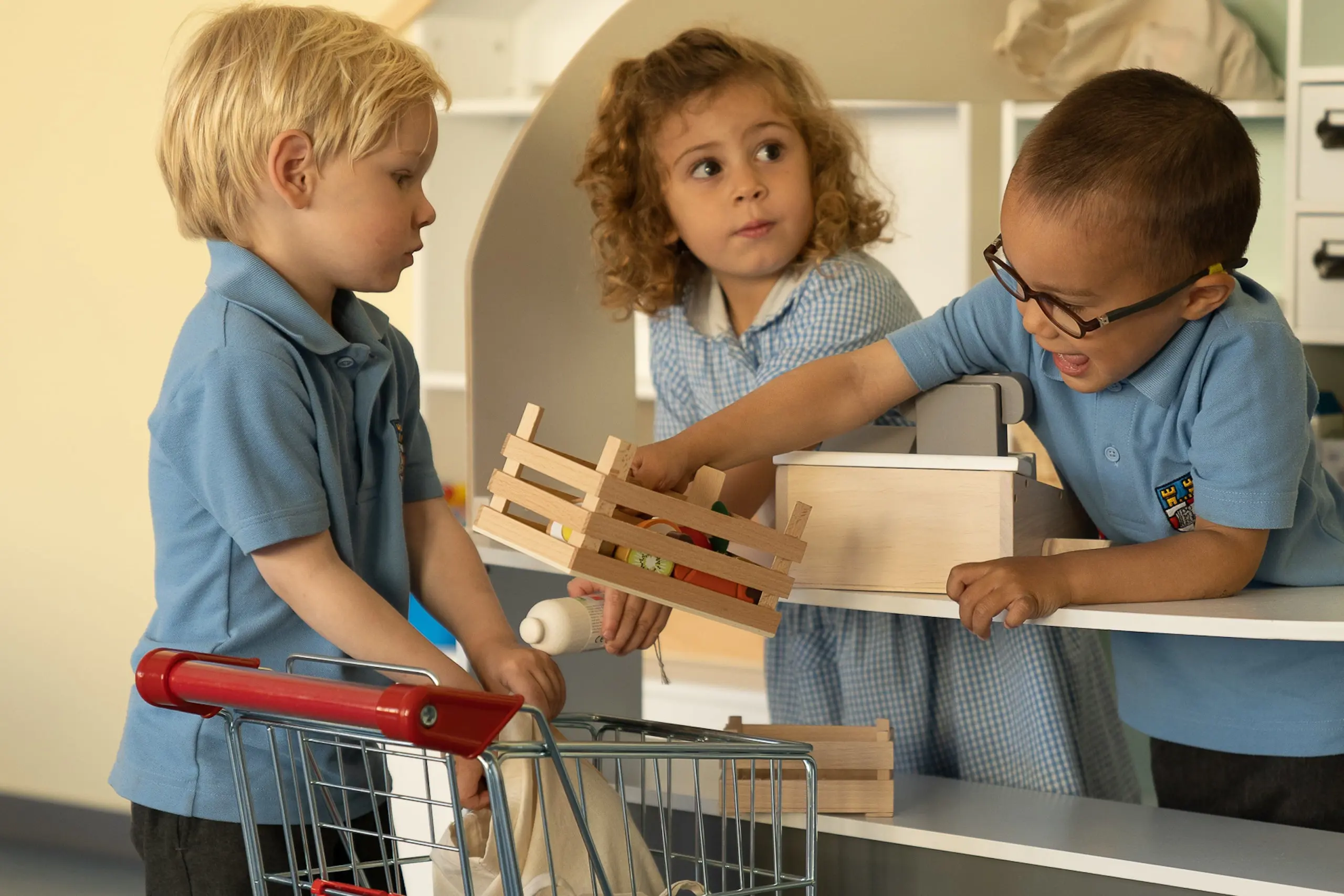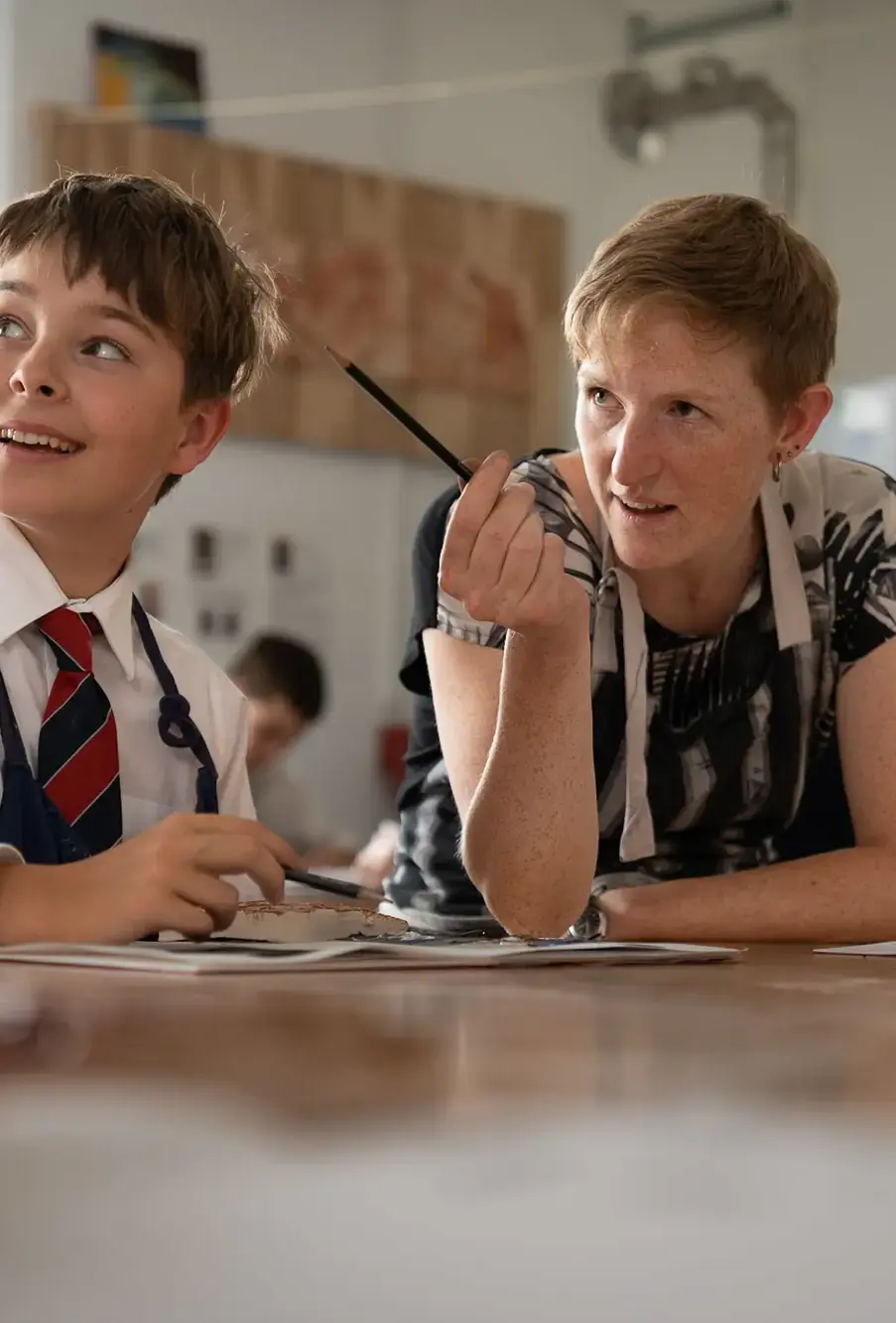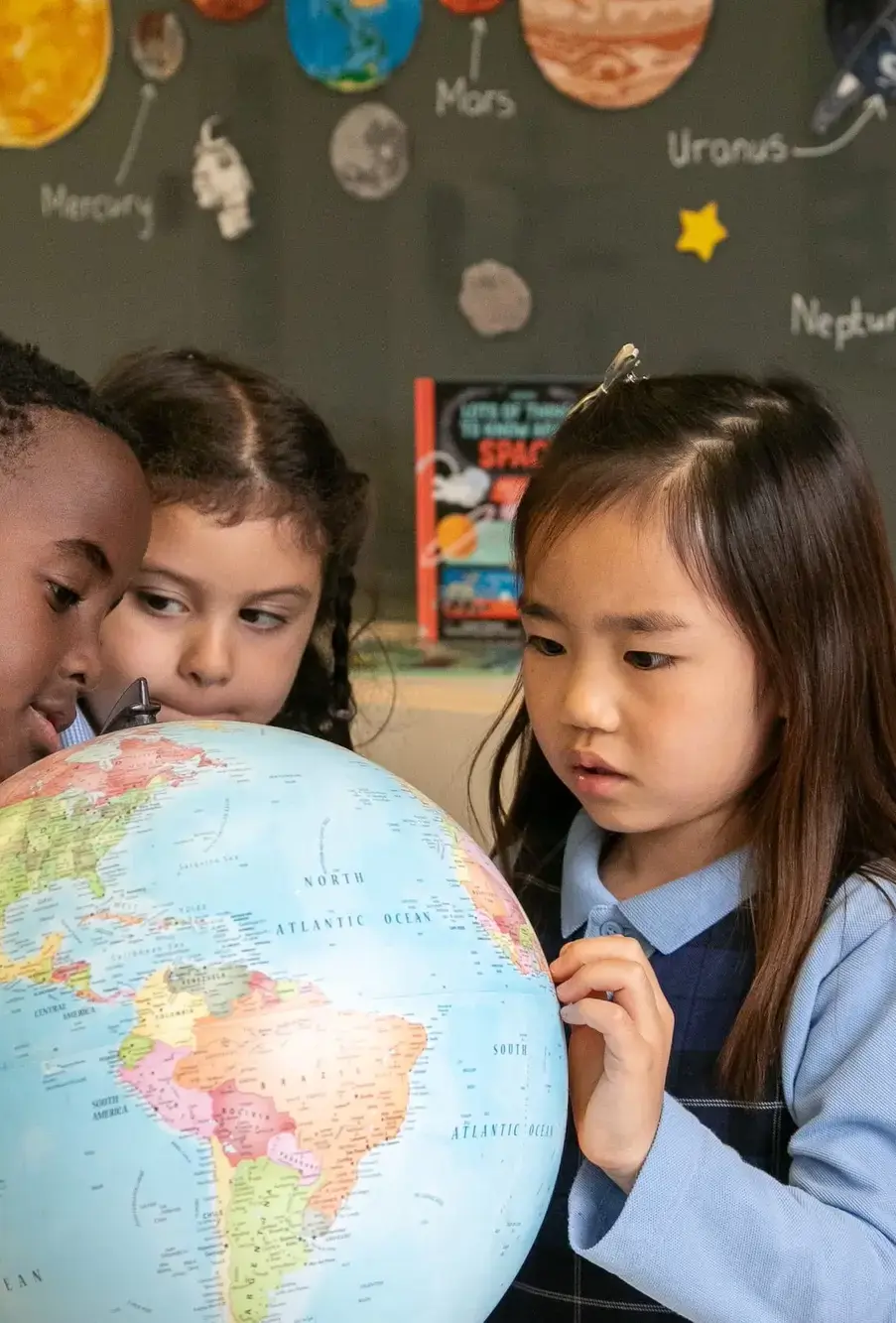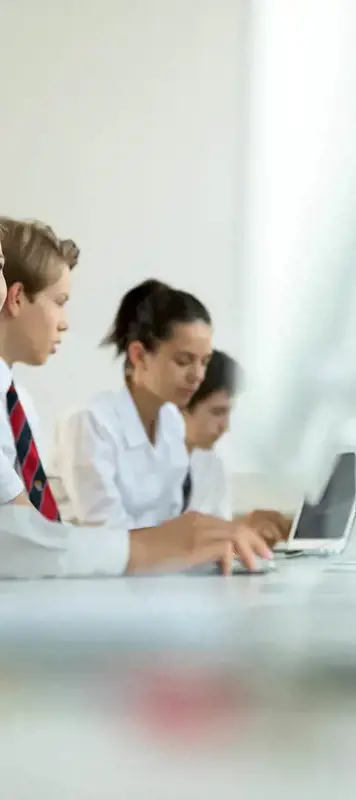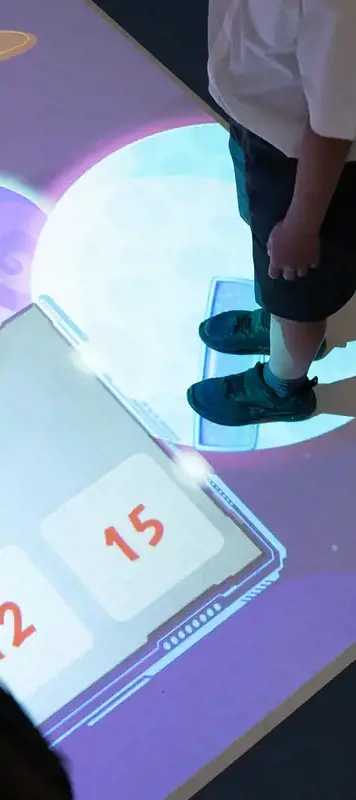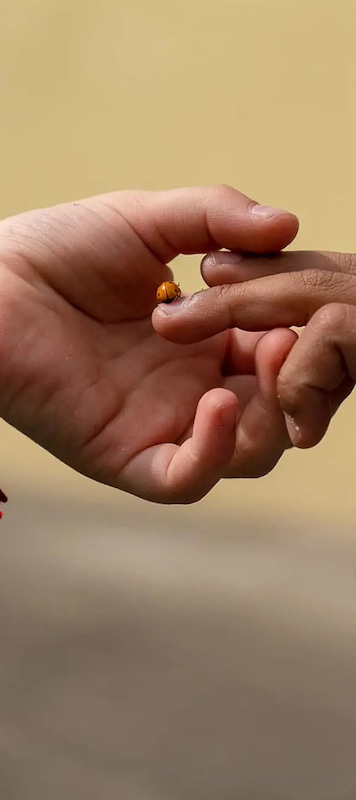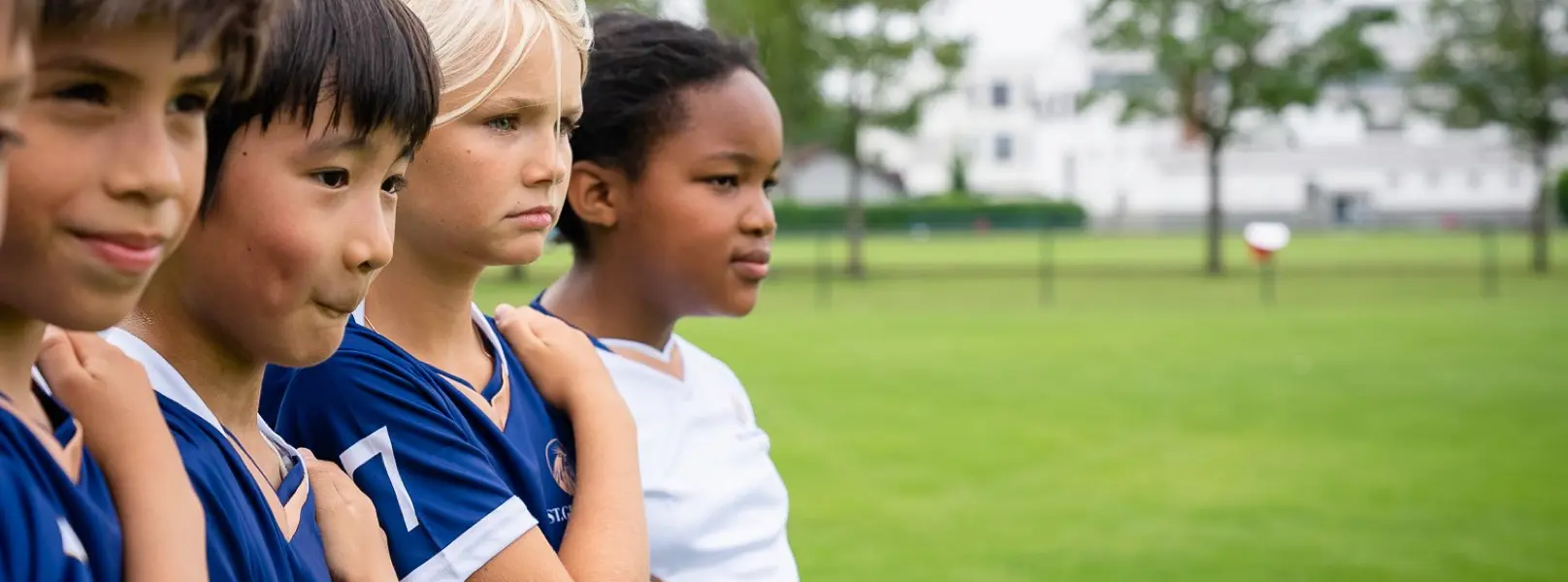Building blocks of learning.
Our Early Years cares for pupils from the age of 2 to 5. This comprises our Pre-Nursery, Nursery and Reception classes. All of our planning is based on the UK framework for this age group, which has been carefully designed to meet the needs of under-fives.
The Early Years curriculum aims to provide a holistic and inclusive educational experience that prepares children for further learning and development as they progress through Primary School.
At such a young age, a high level of pastoral care is vital. With this in mind, each child has a designated class teacher who is responsible for their care and wellbeing. Alongside our teachers, every class in the Foundation Stage benefits from the support of teaching assistants. Small class sizes of no more than 20 pupils, and a high staff to pupil ratio allow us to provide enhanced support and attention and to focus on the needs of each child.
Our educators make it their priority to learn about each pupil as an individual, and support their integration into the new learning environment.
Curriculum
Children in the Early Years learn by playing, exploring, being active, and through creative and critical thinking.
This takes place both inside and outside the classroom. We encourage creative play and the development of social skills through a diverse range of activities and stimuli.
All learning in Foundation Stage is underpinned by three prime areas:
- Communication and Language is encouraging children to develop their speaking, listening, and comprehension skills through interactions with others.
- Physical Development is promoting physical health, movement, and coordination.
- Personal, Social and Emotional Development is supporting children in building self-confidence, managing feelings, and developing positive relationships with peers and adults.
As children grow, the prime areas help them to develop skills in four specific areas:
- Literacy introduces early reading and writing skills, including phonics, vocabulary, and comprehension.
- Mathematics is introducing basic mathematical concepts such as counting, number recognition, shape, space, and measurement.
- Understanding the World supports exploring the environment, technology, and the natural world through hands-on experiences and investigations.
- Expressive Arts and Design is encouraging creativity and self-expression through art, music, dance, and imaginative play.
We plan the pupil’s learning around these areas, with activities that are tailored to meet the individual needs of all children in the class.
Classroom teachers cover the majority of the curriculum, except for specialised subjects like Physical Education, Music, and German, which are taught by dedicated subject experts.
In the Early Years, we prioritise pupils’ development in English. In Nursery classes, pupils learn German playfully, through stories and song. This continues in Reception, where pupils are gradually introduced to the sounds of the German language and begin to develop their writing skills.
Learning environment
In Early Years, the rich learning environment is designed to support the pupils’ development by providing stimulating, engaging resources and activities that encourage learning.
This includes role play corners, construction zones, and creative arts areas. There are always materials available for children to explore, such as building blocks, art supplies, literature, and interactive activities. These resources are tailored to support different aspects of development including physical, social, emotional, and cognitive growth. The setup encourages children to develop key skills such as problem-solving, language, social interaction, as well as fine and gross motor skills. It promotes independence by allowing our pupils to make choices about their activities and how they use materials, fostering a sense of ownership and personal responsibility in their learning.
A core component of our learning environment is the seamless integration of literacy and mathematics. We offer a diverse range of resources, including books, writing materials, and storytelling opportunities, to nurture language development and instil a passion for reading. Mathematics skills are developed through interactive activities such as counting games, puzzles, and practical tasks like measuring objects during play.
These resources and activities not only support teachers in delivering guided instruction throughout the day but also allow our children to explore and reinforce their learning in a self-directed manner using the same materials. Together, the combination of structured teaching and child-directed learning provides a comprehensive and cohesive educational experience for the children.
Settling in
We recognise that starting school can be an emotional experience for both children and parents, and we strive to create a supportive environment that helps them adjust and settle into school life with ease.
We implement a gradual transition period, enabling children to acclimate to their new environment step by step, and to become comfortable with being away from their parents. This transition period is flexible and tailored to each child's needs. While some children quickly adapt and confidently engage in play and learning independently, others may require more time. We prioritise accommodating the preferences of each family during this adjustment phase.
Assessment
At St.George’s, maintaining transparent and regular communication between parents and educators is fundamental to building strong relationships. Our entire team, including teachers and assistants, undergoes training to effectively observe, monitor, and document the development of students. Progress is captured using a mix of photographs, written notes, and video observations.
All details regarding every child is kept securely in a central portfolio. This comprehensive record of each individual pupil's educational journey is accessible to the parents online, providing them with valuable insights into their children’s initial steps in education.
Progression
Children are eligible to join the Pre-Nursery class at the age of 2. They progress into the Nursery class if they are already 3 years old by the 1st September.
Pupils transition to the reception class if they turn 4 before September 1st, to ensure that they are adequately prepared for the challenges of Year One. Those who continue in the Nursery class benefit from a two-year rotational curriculum covering various topics, along with differentiated instruction in phonics and math.
St.George's
unique education model
As an educational organisation we are pioneering in four key areas which are the pillars supporting our work as educators and employers, and informing our wider economic, social, and environmental responsibilities.
